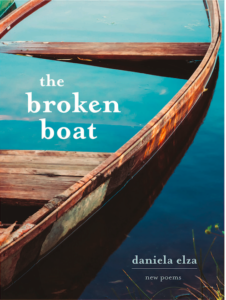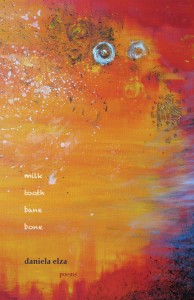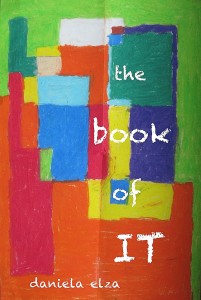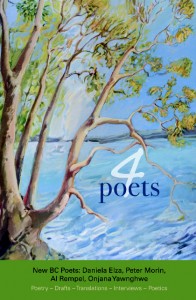municipal mind: manifestos for the creative city
Posted by Daniela Elza on Feb 26 2008
I am quite excited at the fact that more cities are honoring poetry by opening the space for a poet laureate. The city I live in got its first poet laureate about a year and a half ago. It is exciting to think of what these people can do in the public sphere. In terms of liberating, creating, inspiring, and speaking for, or rather empowering people to speak for poetry, for the creative act. I would encourage every poet laureate to take on this responsibility and use it to the full. I am reading The Municipal Mind: Manifestos for the Creative City by the poet laureate of Toronto, Pier Giorgio Di Cicco. He says:
“But then, isn’t a city a poem in progress? Aren’t the citizens the authors of the poem they will have to read to their children? The citizen must self identify as an artist, with the same moral commitment to ideals, before we can have any credible allegiance to our environment. This is the key to sustainability. Until we see each other, not just as interdependent, but as implicit in each other, we will not be inspired to civic care. Poetic? Holism demands the terms that can seduce us toward it.”      Â
This will be impossible in Plato’s Republic. If each citizen must self identify as an artist, then what happens to the hierarchies attributed to them. Or is it possible to live in this duality. A paradox we accept for the benefit of order?
Jacques Ranciére says that:     Â
“In fact only the emancipated person is untroubled by the idea that the social order is entirely conventional; only he can scrupulously obey superiors that he knows are his equals. He knows what he can expect of the social order and will not make a big to do about it.”
Back to Pier Giorgio Di Cicco The private self versus the creative city manifasto:
“It is a mixed message that individuals give themselves in today’s urban world. The public and the private are oppositional and consequently, public space and private space are in opposition. And negotiation is the sad arbiter of both. Negotiation replaces the graceful movement from public to private and back again, the art of which belongs to the citizen and begins in the citizen. The tension between public space and private space cannot be reconciled by urban design or policy, until the citizen configures these contradictory desires, and makes an art of their apparent paradox.”      Â
 So each of us is an artist, or creator within the fiction of the social order. How we forget which is fiction and which reality. Maybe this type of forgetting ties us to play a bit too seriously the public/social game and forget the free beings we are. Here is one more quote from Self consciousness: The enemy of the creative city manifesto:
“Public space in theory invites exploration, encounter and activity, but municipal and corporate thinking can over-regulate it, limit it, and even extinguish it. Where there is excessive rule-consciousness, the citizen is inhibited and banished from the public forum, and discouraged from the free play of creativity. Ingenious design cannot redress the contradictions of bylaw and injunction. This rule-cosciousness is anathema to the creative city. It must be detected and remedied. It keeps the passion of a city at arms length, always.      Â
I was thinking how this is also a good metaphor for the academic city, with its strict set ways of regulating and dispensing and evaluating “knowledge.” Plato’s Republic is highly regulated. Maybe that is why there is no room for poets. Maybe if he did not banish them, they would have left on their own. How can there be room for poets, for the creative citizen, when there is a paradox there. Creativity is freedom. “Creativity is a way of life. Creativity hunts a vision.” (Di Cicco) Was Plato willing to give that power to the citizens of his Republic? Or was he happy to just be their designer, architect, explicator, and prescriptor? Because ultimately, “creativity is not the rare gift of the artist, or the poet. It is what calls a human being to author his or her life by the creation of cities, families, communities. It is that identifier in each person that cries out for authentication.” (Di Cicco) Can my city find room for that? Can yours? Shall we encourage our poet laureate to speak for us and defend that right before the government body? Shall we take our own freedom and practice it everyday as a reality, rather than the fiction it becomes when we take the social constraints/restraints a bit too seriously?Â




